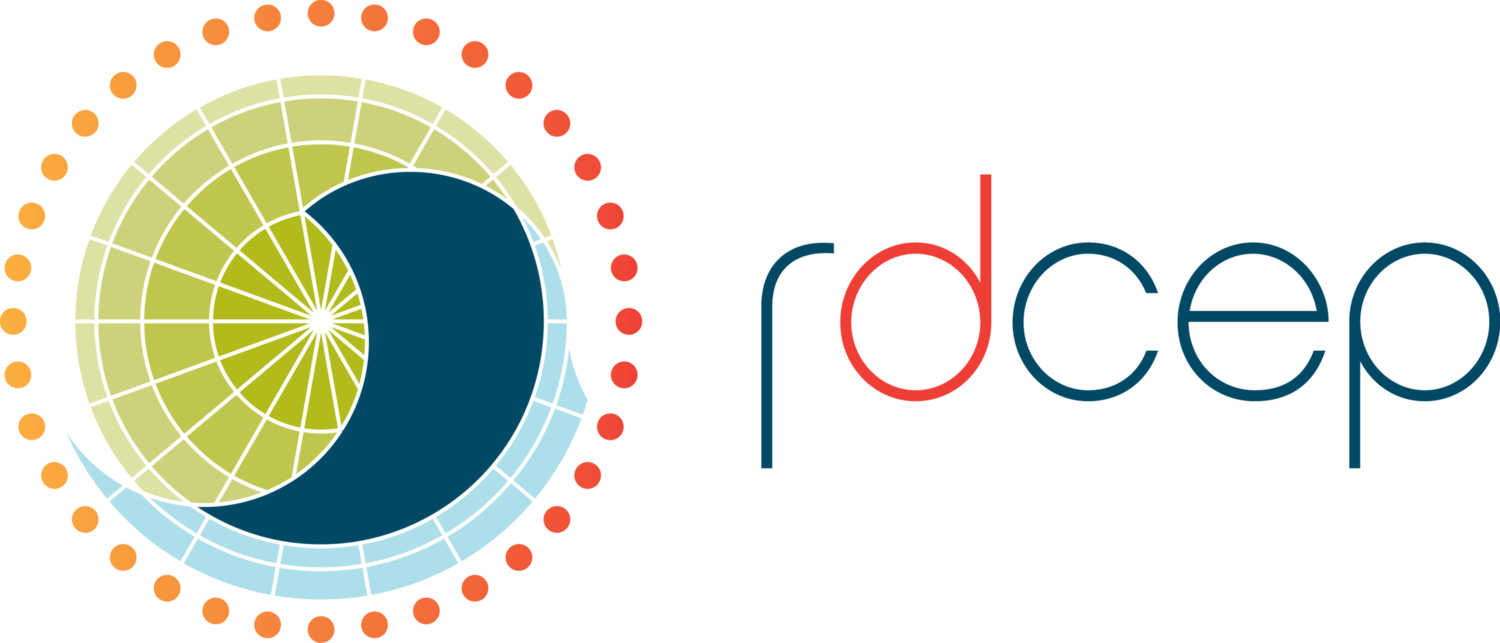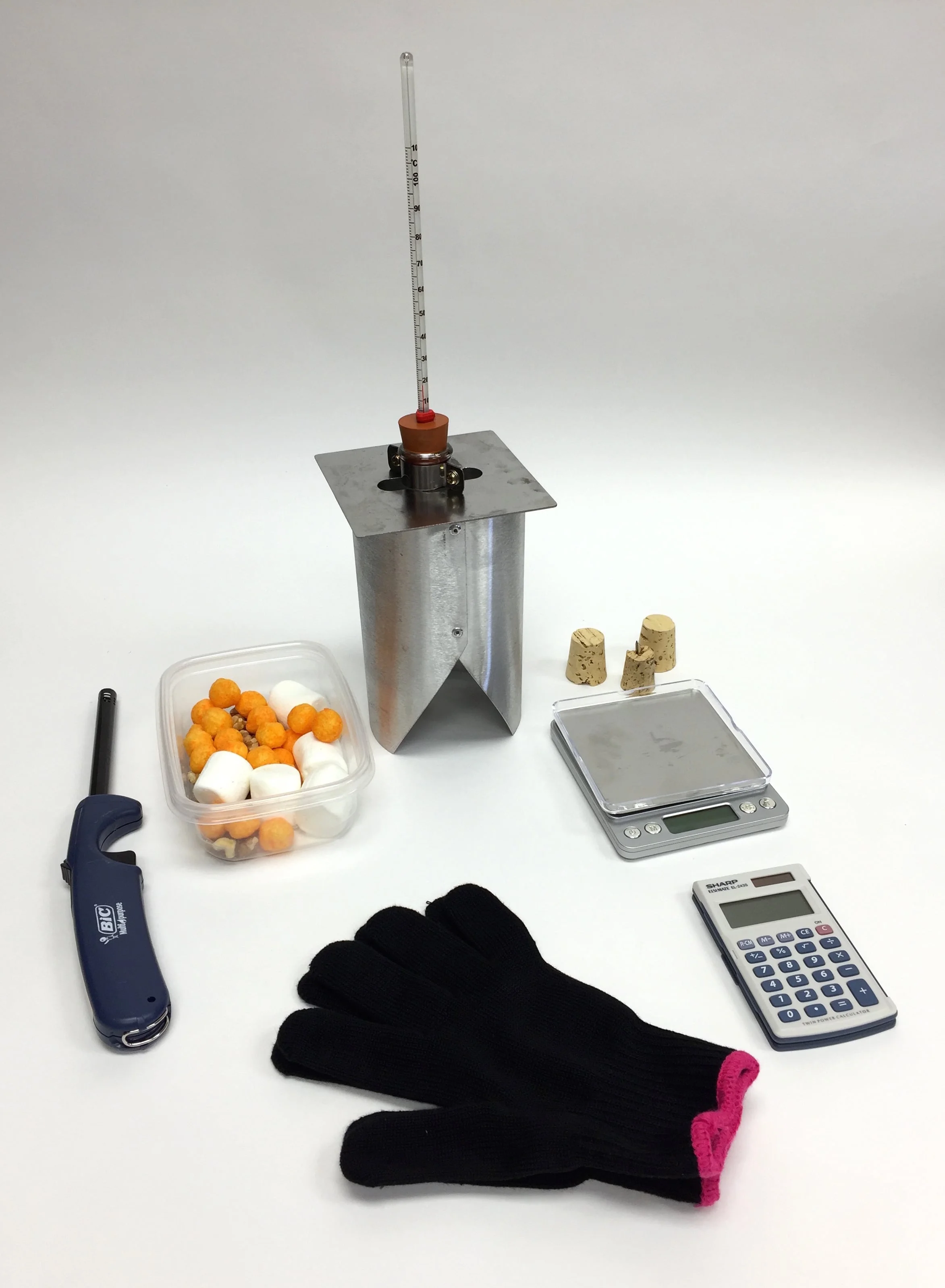Energy science and technology are subjects of immense importance to the world. With the support of the University of Chicago's Women's board, we have developed a library of energy-related demos and curriculum supplements that teachers in the Chicago area can check out and use to enrich their classrooms. We seek to provide teachers with valuable resources to integrate science and technology into their curriculum, thus helping Chicago elementary and high school students become familiar with an important, yet often overlooked aspect of science instruction. To check out the demos shown in the gallery below, please click on the images or email Seth Severns.
We are constantly looking for feedback on our existing resources and to add new demos to our library. If you have comments or suggestions, please reach out to Seth Severns.
This kit demonstrates how chemical energy stored in food can be transformed to heat energy. Students learn how calorimetry is used to determine the energy content of food. They measure, calculate and compare the caloric content of several food samples and convert between calories, kilocalories, food Calories, and joules.
This kit demonstrates how photovoltaic cells convert solar energy into electricity. Students use photovoltaic cells to power a small fan and a small light bulb. They measure and calculate the power output and efficiency of a single cell and two cells wired in series.
In this activity students gain an intuition for what joules and watts feel like by doing work and generating power themselves. They learn about the relationships between energy, work, and power.
This kit includes a working model of a steam engine. Steam engines were the first devices that used heat to convert water to steam and use the expanding steam to generate electricity. Students observe the steam engine in action and learn about the history of these machines.
This kit demonstrates how electric motors work with the use of everyday household materials. A small coil of copper wire rotates when students run electricity through it in the presence of a magnetic field.
This kit demonstrates the conversion of Mechanical Energy to Electrical Energy. Two different types of hand-crank generators will be provided along with a lesson plan for how to use them in class (one student version, and one teacher version). An IR camera can also be used to look at the different combinations of circuits that students decide to make.
Funding Sources: In addition to RDCEP, support for the Science Demo Kits is generously provided by the Women's Board at the University of Chicago.












This kit demonstrates the conversion of wind energy to mechanical energy. Students measure and calculate the mechanical power generated by a wind turbine and learn how it's affected by blade pitch. They also gain an understanding of energy, work, and power and the relationships between them.